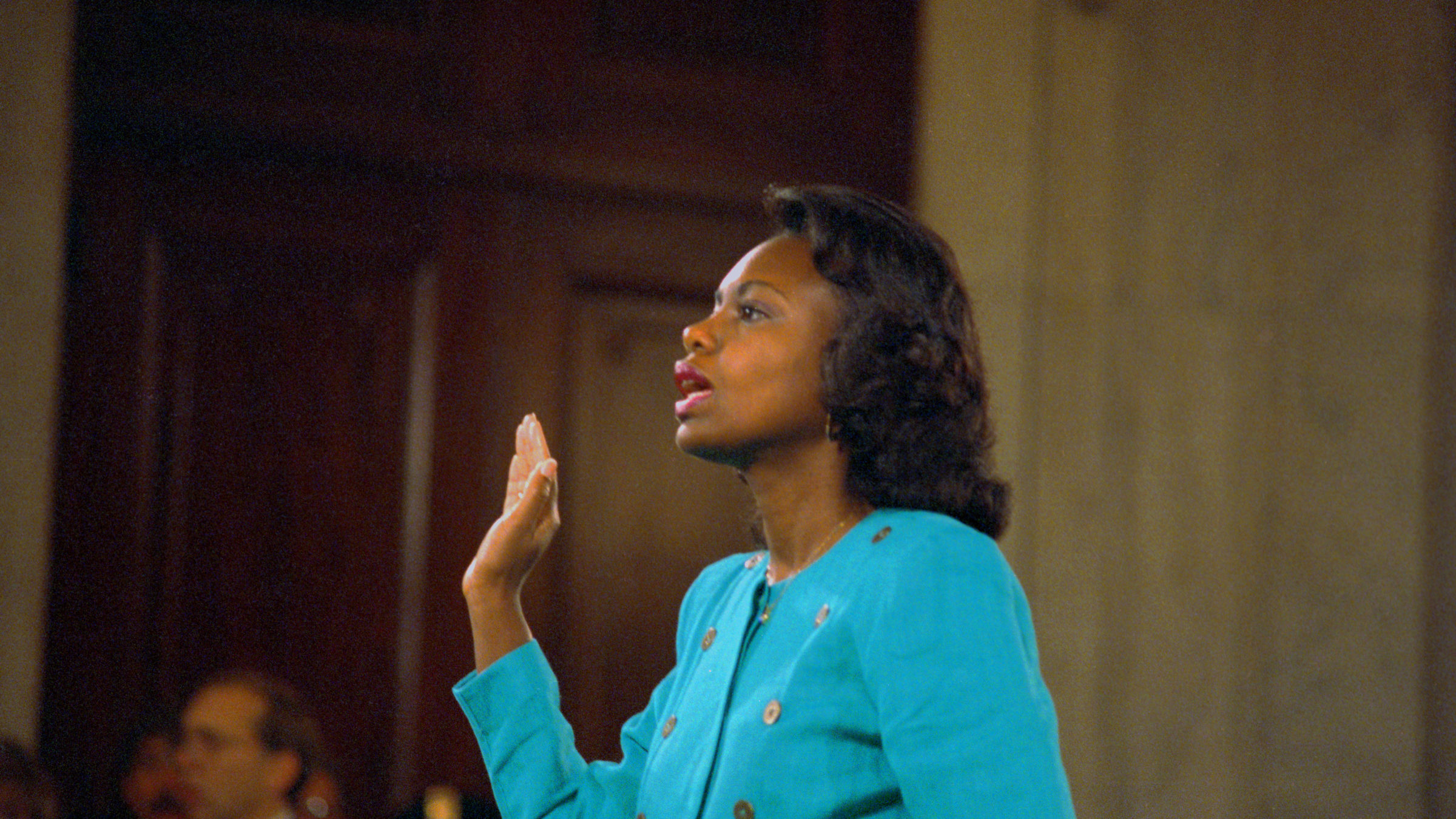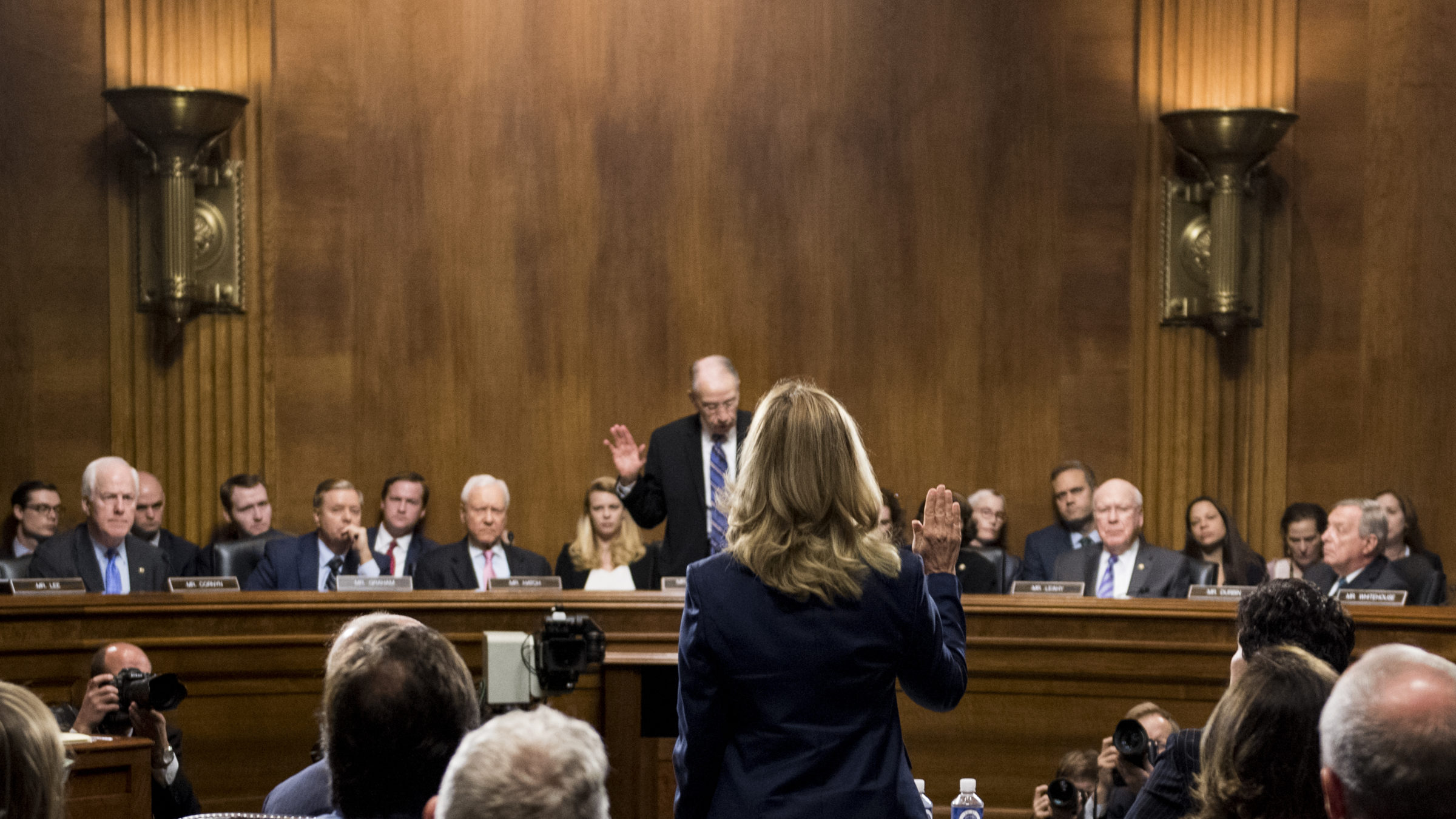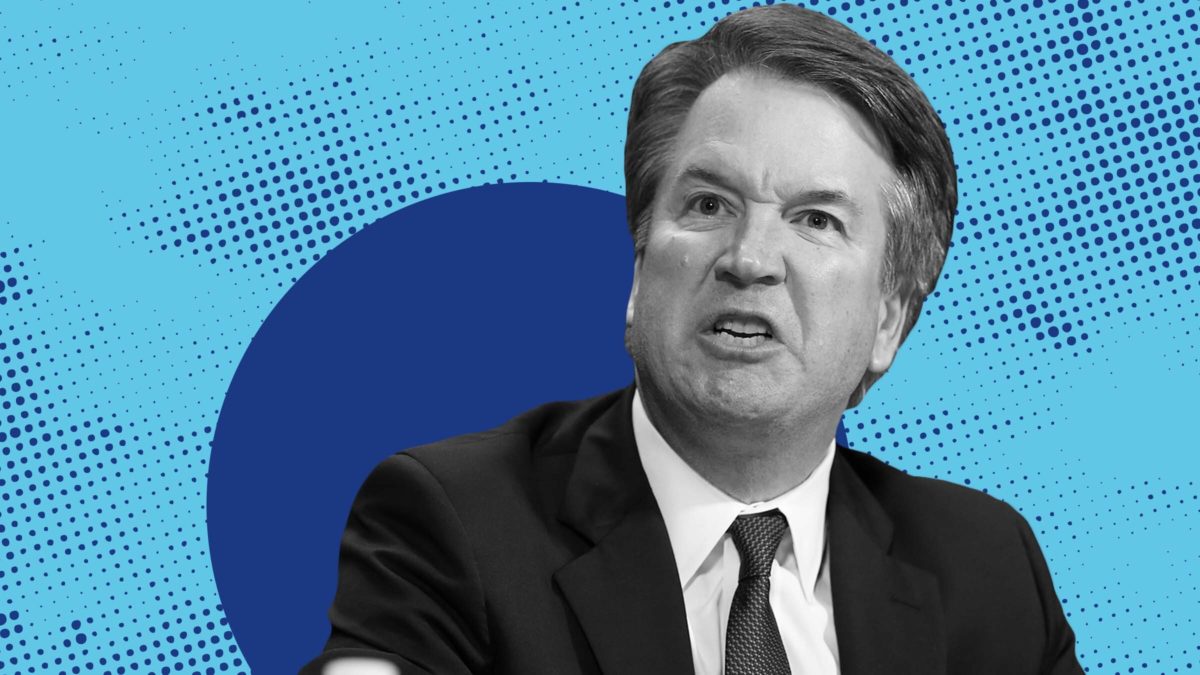The leaked draft Supreme Court opinion that would overturn Roe v. Wade is the culmination of a decades-long campaign by the Federalist Society-aligned conservative legal movement, in alliance with anti-choice religious activists and the Republican Party. It is also, as your middle-of-the-night, ruminating-on-the-death-of-the-American-experiment, magical-thinking-prone brain might tell you, the result of numerous historical moments when small changes could have sent us into alternate, perhaps less terrible timelines.
For instance: What if Palm Beach County had not used a “butterfly ballot” in the 2000 election, Al Gore had become president instead of George W. Bush, and Sam Alito were still toiling away in obscurity at a federal appeals court in Newark? What if President Barack Obama had picked a Supreme Court nominee in 2016 who actually excited the Democratic base, or if he’d responded to the Republican stonewalling of Merrick Garland’s nomination by putting him on the Court anyway? What if Justice Ruth Bader Ginsburg had heeded calls for her to step down in 2013—or, failing that, had lived four months longer?
Or, backing up even further, what if the Senate Judiciary Committee had called other witnesses to corroborate the testimonies of Anita Hill and Christine Blasey Ford during the confirmation hearings for Clarence Thomas in 1991 and Brett Kavanaugh in 2018? If they had, perhaps one or both of the two justices who have been credibly accused of sexual harassment or assault would not now be poised to decimate reproductive rights.
In 1991, law professor Anita Hill testified that Clarence Thomas had sexually harassed her when she worked for him a decade earlier at the Department of Education and the EEOC. On national television, Hill recounted how Thomas repeatedly asked her out, talked about his own sexual prowess, and told her about pornography he had watched involving rape scenes and women having sex with animals. For many Americans, Hill’s calm, clear testimony was their first introduction to the concept of “sexual harassment.”
Thomas’s defenders viciously attacked Hill. Conservative activists sought to brand her as “nutty” and “slutty.” Republican members of the Senate Judiciary Committee called her “delusional” and accused her of fabricating her story, of being romantically interested in Thomas, and—I am not making this up—of basing parts of her testimony on lines from The Exorcist.

Anita Hill is sworn in before testifying at the Senate Judiciary hearing on the Clarence Thomas Supreme Court nomination (Bettmann / Getty Images)
Hill was not alone. Three other women who had worked under Thomas at the EEOC, none of whom knew Hill, were prepared to testify about Thomas’s misconduct. Angela Wright, the EEOC’s director of public affairs, would have testified that Thomas repeatedly asked her out, asked her what size her breasts were, and showed up at her apartment at night uninvited. Rose Jourdain, a coworker of Wright’s, would have recounted that Wright told her about Thomas’s visit to Wright’s apartment and his comments about Wright’s body when they happened, and about how Wright was nervous in Thomas’s presence. Sukari Hardnett, who later held Hill’s job as Thomas’s special assistant, would have testified that “if you were young, black, female and reasonably attractive and worked directly for Clarence Thomas, you knew full well you were being inspected and auditioned as a female.”
But the Senate Judiciary Committee, under the leadership of then-Delaware Senator Joe Biden, did not call any of these witnesses. It at least subpoenaed Wright, who flew to Washington and waited for days for the call to testify; afterwards, nobody could seem to agree why that call never came. Transcripts of Senate staffers’ interviews with Wright and Jourdain and a sworn statement from Hardnett were included in the record, but were largely ignored amidst the avalanche of coverage of the televised hearings.
Nearly 30 years later, Dr. Christine Blasey Ford gave moving and intensely personal testimony that Brett Kavanaugh had sexually assaulted her when they were in high school. She told senators that Kavanaugh had trapped her in an upstairs bedroom, pinned her to a bed, groped her, tried to pull off her bathing suit and clothes, and put his hand over her mouth when she tried to scream. She explained the impact the assault had had on her life—panic attacks, anxiety, and a fear of being trapped.
Perhaps in order to appear more enlightened than their 1991 counterparts—or perhaps because Ford is white and not subject to the same level of over-sexualization as Hill, a Black woman—Kavanaugh’s defenders in 2018 were more genteel in their dismissals of Ford’s testimony. Her story was not “corroborated,” they said, suggesting she may have been misremembering who assaulted her. As then-President Donald Trump put it, “Something clearly happened to this woman, but it wasn’t Brett.” This preposterous “mistaken identity” theory allowed Republican senators—and West Virginia Senator Joe Manchin—to pay lip service to believing Ford while still letting Kavanaugh off the hook.
In fact, there was plenty of corroboration for Ford’s testimony. Her lawyers released sworn statements from four people who confirmed Ford had told them about the assault years earlier. Iowa’s Chuck Grassley, who chaired the Senate Judiciary Committee, did not call any of them as witnesses. Deborah Ramirez, a Yale classmate of Kavanaugh’s, came forward to say that Kavanaugh pulled down his pants and thrust his penis at her at a drunken freshman-year dorm party. Journalists Robin Pogrebin and Kate Kelly identified at least seven people who heard about that incident years before Kavanaugh became a judge. They also learned that another Yale classmate told senators and the FBI that he saw Kavanaugh with his pants down at another drunken party, where friends pushed his penis into the hand of a female student. The FBI received thousands of tips during its follow-up “investigation.” It interviewed nine people.

Dr. Christine Blasey Ford is sworn in by Senate Judiciary Committee Chair Chuck Grassley on September 27, 2018 (Tom Williams/CQ Roll Call/Pool)
Both Hill and Ford were superhumanly composed witnesses who repeatedly detailed some of the most difficult moments in their lives, with nothing to gain and a lot to lose from doing so. Neither story required any corroboration, either in a legal or a human sense.
But without corroborating witnesses, the hearings pitted Hill and then Ford, alone, against the nominees’ self-righteous fury, blanket denials, and generous political support. This allowed senators, and to a large extent the media, to slot hearings into a familiar “he said-she said” narrative: If you can’t know the truth, it would be unfair to believe the accusation.
Without a doubt, many of Thomas’s and Kavanaugh’s supporters would have dismissed Hill and Ford no matter how many witnesses came forward. Indeed, lurking behind supporters’ enraged insistence that Thomas or Kavanaugh could never have done such terrible things was the notion that those things weren’t so bad in the first place. When Ohio Democratic Senator Harold Metzembaum heard of Hill’s account, he responded, “If that’s sexual harassment, half the senators on Capitol Hill could be accused.” During Ketanji Brown Jackson’s confirmation hearings in 2022, Texas Senator Ted Cruz referred to Kavanaugh’s hearing as an inquiry into his “teenage dating habits.”
Thomas was confirmed by a 52-48 vote, at the time the closest-ever Supreme Court confirmation vote. Several senators, including Biden, later speculated that if the hearings had involved testimony from four women, Thomas’s nomination might have failed.
Kavanaugh’s process, too, could have turned out differently. If other witnesses had testified, on camera, to corroborate Ford’s testimony, it would at the very least have been harder for perpetually disappointed Maine Senator Susan Collins to cast the deciding vote in favor of Kavanaugh. At the time, she said that although she found Ford’s testimony “sincere, painful, and compelling,” she was not convinced Kavanaugh was the assailant.
Collins also said that Kavanaugh’s responses to her questions about the importance of precedent had convinced her that he would not overturn Roe. Just three years later, Collins is apparently shocked to learn that he may not have been entirely truthful after all.
These fateful decisions not to call corroborating witnesses during the Thomas and Kavanaugh hearings helped secure their narrow confirmations. As a result, two justices who were credibly accused of violating women’s bodily autonomy in their own lives will soon cast deciding votes in a decision that violates the bodily autonomy of millions of people. Will anyone with power over future confirmation hearings learn from this next time a Supreme Court nominee is accused of serious misconduct? There will almost certainly be a next time, so I guess we’ll find out.

